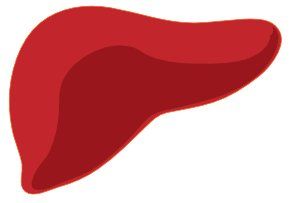The hallmark of
adaptive immunity is antigen presentation to T cells. This takes place
through specialised receptors known as major histocompatibility
complexes (MHC I or II). In addition, lipids get presented to natural
killer T (NKT) cells through the CD1 family of receptors and this
property is not restricted to antigen-presenting cells.
Emerging evidence indicates that the microsomal triglyceride
transfer protein (MTP) is required for proper loading of lipids onto the
CD1 receptor. Scientists on the EU-funded HEPATOCYTE MTP project wished
to investigate this axis of antigen presentation in the liver. In this
context, they generated transgenic mice lacking MTP specifically in
hepatocytes and assessed antigen presentation.
MTP knockout hepatocytes exhibited a severe defect in the
presentation of both endogenous and microbial-derived lipids to NKT
cells. This was attributed to CD1 instability, causing defects in the
tertiary structure of the receptor complex and an inability to bind
antigen.
These findings were extrapolated to patients with
abetalipoproteinemia, a metabolic disease caused by mutations in MTP.
Dendritic cells from these patients show enhanced degradation of CD1 and
lack of lipid presentation. Furthermore, researchers discovered that
MTP regulated the homeostasis of liver-resident immune cells and was
essential in the defence against Hepatitis B virus.
Overall, the key HEPATOCYTE MTP discovery was that MTP plays a
central role in immune responses where lipid presentation is essential,
such as in Hepatitis B infection. Given the millions of patients
worldwide with chronic Hepatitis B, this result has significant
implications for the development of therapeutic strategies for their
treatment.
 EN
EN  CS
CS DE
DE ES
ES FR
FR HU
HU IT
IT PL
PL PT
PT РУ
РУ SK
SK TR
TR УК
УК AR
AR 中文
中文






